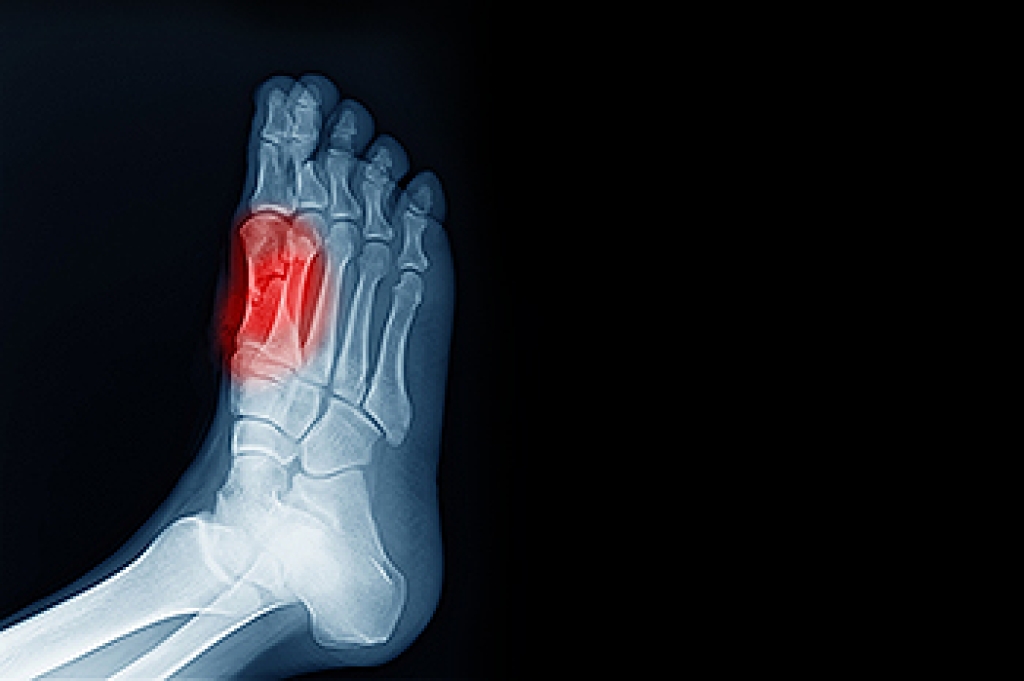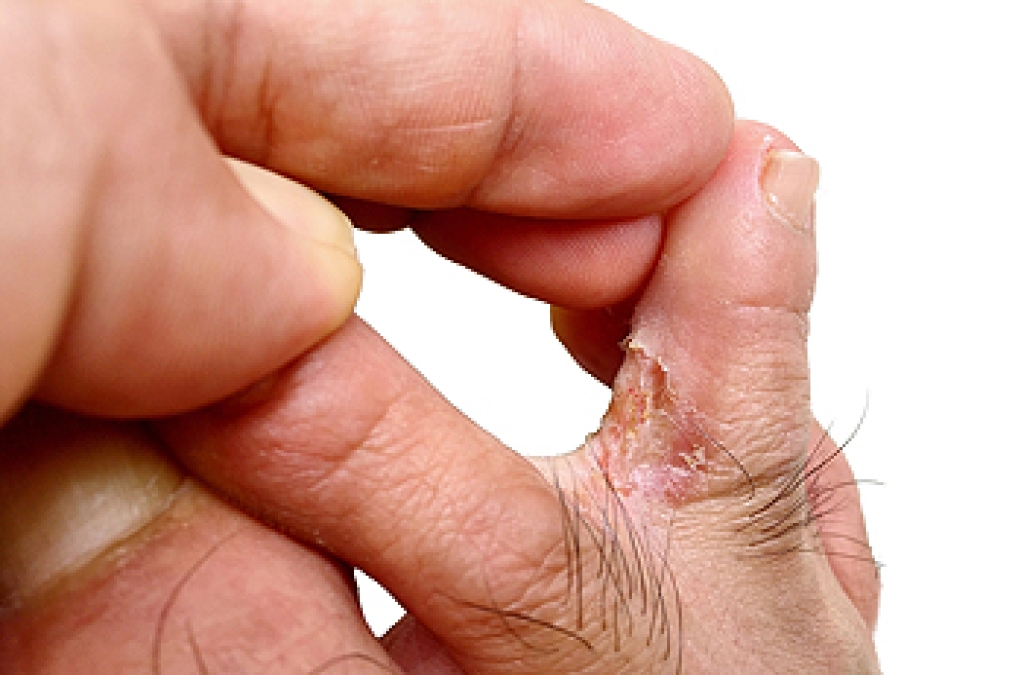
Ankle pain is common among ice skaters due to abrupt starts and stops, repetitive movements, and long hours spent on the ice. These actions place continuous stress on the ankle joints and surrounding muscles, which can lead to inflammation and discomfort. Prevention begins with using properly fitting skates that offer the right degree of flexibility to support the ankle without restricting natural movement. Strengthening and stretching exercises also help improve stability and reduce strain during skating sessions. A podiatrist can assess ankle alignment, identify overuse issues, and recommend custom supports or treatment to relieve pain and prevent further injury. If you have sustained an ankle injury from ice skating, it is suggested that you consult a podiatrist who can offer effective relief, treatment and prevention tips.
Sports related foot and ankle injuries require proper treatment before players can go back to their regular routines. For more information, contact Kenneth Donovan, DPM of Advanced Care Foot and Ankle. Our doctor can provide the care you need to keep you pain-free and on your feet.
Sports Related Foot and Ankle Injuries
Foot and ankle injuries are a common occurrence when it comes to athletes of any sport. While many athletes dismiss the initial aches and pains, the truth is that ignoring potential foot and ankle injuries can lead to serious problems. As athletes continue to place pressure and strain the area further, a mild injury can turn into something as serious as a rupture and may lead to a permanent disability. There are many factors that contribute to sports related foot and ankle injuries, which include failure to warm up properly, not providing support or wearing bad footwear. Common injuries and conditions athletes face, including:
- Plantar Fasciitis
- Achilles Tendinitis
- Achilles Tendon Rupture
- Ankle Sprains
Sports related injuries are commonly treated using the RICE method. This includes rest, applying ice to the injured area, compression and elevating the ankle. More serious sprains and injuries may require surgery, which could include arthroscopic and reconstructive surgery. Rehabilitation and therapy may also be required in order to get any recovering athlete to become fully functional again. Any unusual aches and pains an athlete sustains must be evaluated by a licensed, reputable medical professional.
If you have any questions please contact our office located in Charleston, SC . We offer the newest diagnostic and treatment technologies for all your foot and ankle needs.




